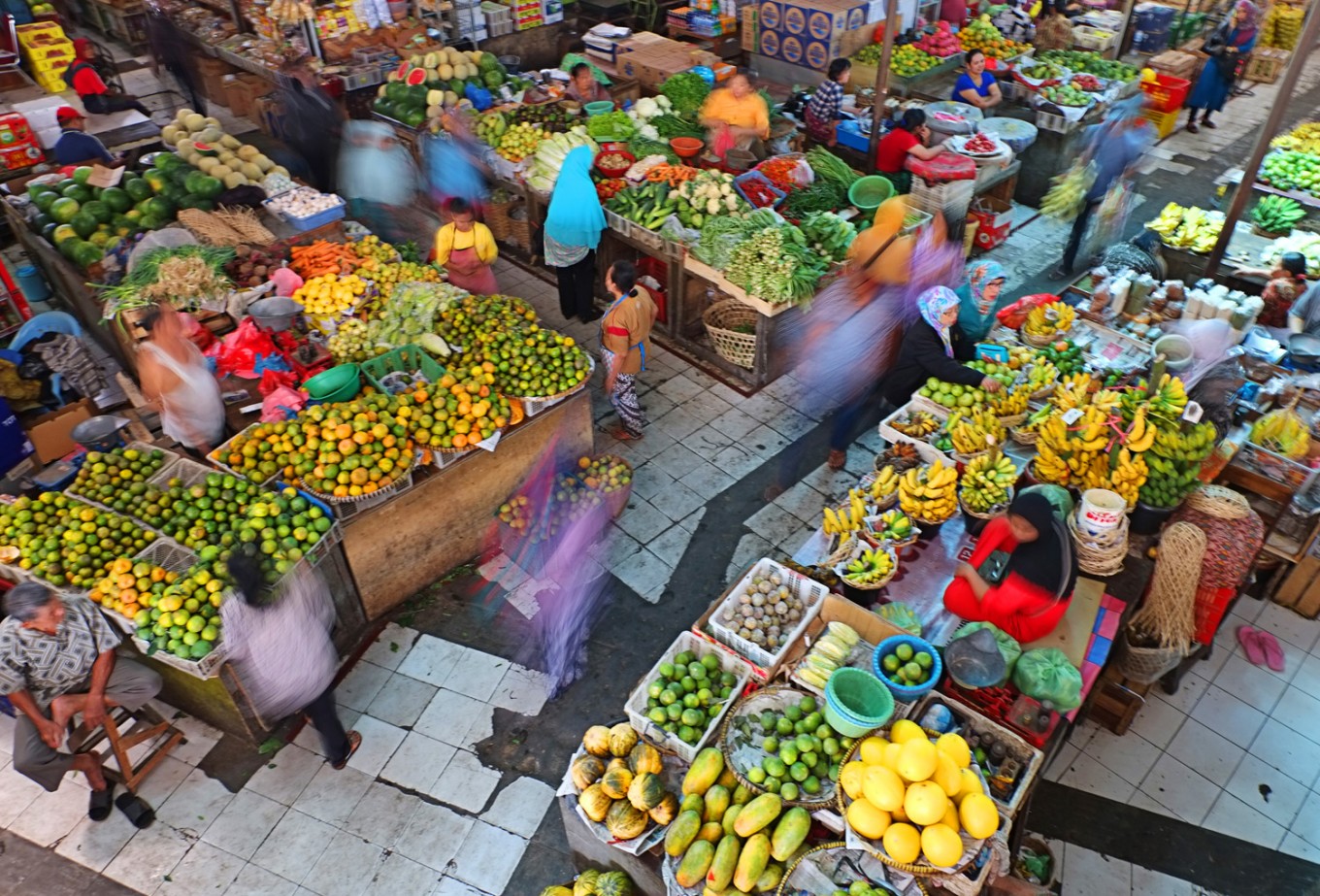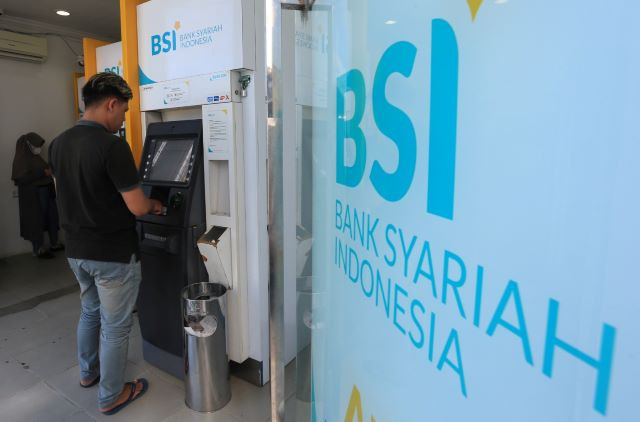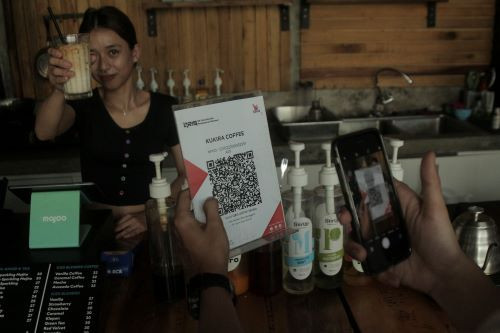EDITORIAL: More controllable food prices
Unlike in previous years, the prices of most staple foods have been relatively stable during the fasting month this year.
Change Size
 Surakarta residents go shopping at Gede market in Surakarta, Central Java, on May 11. (JP/Ganug Nugroho Adi)
Surakarta residents go shopping at Gede market in Surakarta, Central Java, on May 11. (JP/Ganug Nugroho Adi)
U
nlike in previous years, the prices of most staple foods have been relatively stable during the fasting month this year, although certain commodities like meat still cost more than the price ceilings set by the government.
The government’s stricter oversight of the distribution of imported garlic has led to the decline in the cost of this horticultural product to below the price ceiling of Rp 38,000 per kilogram from about Rp 60,000 per kg a week before the fasting month.
The prices of meat, sugar, cooking oil and eggs all dropped during the first two weeks of Ramadhan as the government’s market intervention through the State Logistics Agency (Bulog) in traditional markets across the country halted any increases.
The rise of prices of basic commodities cannot be avoided during the fasting month as people consume a richer variety of meals for the breaking of the fast. In the past, the increase in prices was often uncontrollable because of the lack of governmental intervention measures to cope with hoarding by large traders who control the distribution of most of the basic commodities in the traditional markets.
The sales of the basic commodities have been relatively more stable in the current fasting month. The credit for this should be given to Trade Minister Enggartiasto Lukita for his ability to improve the coordination with relevant agencies such as Bulog to ensure the availability of staple foods in the markets across the country.
The minister has also forged close cooperation with the anti-monopoly Business Competition Supervisory Commission (KPPU) and the police to fight against hoarding and other unfair business practices. He also seemed to have hinted to wholesalers that he would not hesitate to immediately open the import lid on certain commodities at the first sign of excessive price rises.
Long before the start of the fasting month, the Trade Ministry had listed all the basic food commodities of which prices tend to increase during Ramadhan and Idul Fitri and focused their monitoring and oversight on the wholesalers and retailers of those commodities to ensure that the prices moved within the price ceiling references the ministry set.
Consistency is, however, needed for maintaining the stability of basic food prices through effective monitoring and control not only in certain periods such as Ramadhan and Idul Fitri.
Price monitoring and the control over the distribution of staple commodities should be conducted to prevent big traders from speculative practices. In addition, to enhance fair competition in the market, the government should also cut the long supply chains in the distribution of staple commodities so that any increase in prices would also provide more gain to farmers.
Price stability would not only help consumers, but also the government’s efforts to keep inflation under control. With the government’s consistent efforts to curb price increases, we are sure it will not be difficult to achieve an inflation target of 4 percent this year.









